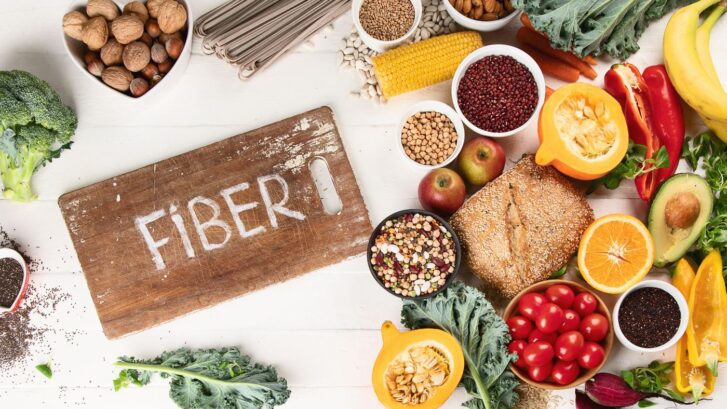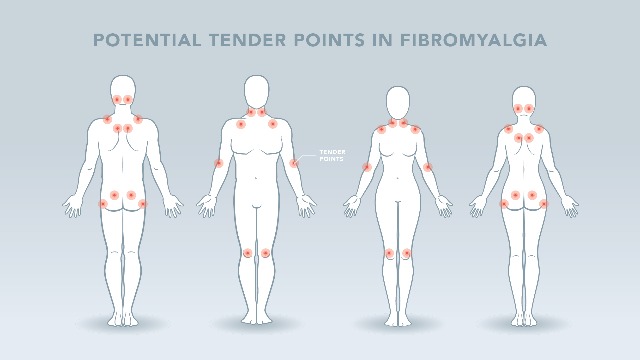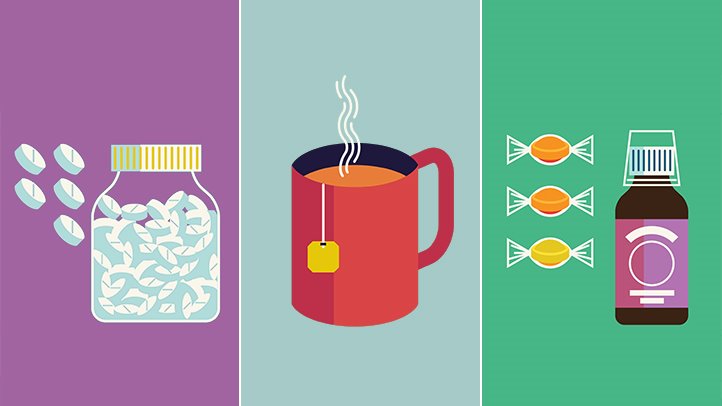Whether you overindulged over the holidays or have simply made a resolution to lose those persistent pounds in 2020, our concierge doctors in Jupiter want to suggest what we believe are the most sensible ways to do so.
The secret
Not only do you need to make a firm decision to lose the weight you want, but you need to go weight-loss-easy.com. The Internet and the magazines are filled with diets that promise “amazing” and “incredible” weight loss in just days! The weight will practically fall off! You can lose weight in your sleep!
Wouldn’t it be nice if it were that easy? Unfortunately, fad diets may take off a few pounds (often comprising mainly water weight), but the rules are simply too restrictive to maintain indefinitely.
In addition, research has shown that dieting is not effective in the long run, and can lead to greater weight gain the more you diet. The body interprets calorie restriction as a pending famine, leading to increased fat storage against the possibility of future food shortage, and automatically slows your metabolism as a survival mechanism.
You may have even experienced this yourself: losing weight, gaining it back, feeling frustrated and depressed, until the next new miracle diet comes along promising quick, easy, and painless weight loss.
The real secret to slow, steady, and lasting weight loss is an approach to eating that doesn’t reject some foods in favor of others, but allows you to make intelligent selections while enjoying the food you eat.
Best diets
Studies have shown the following diets to be the best for losing weight gradually and keeping it off permanently.
DASH
Of all the eating plans available, we believe one the recommended by the American Heart Association (AHA) and the National Heart, Lung, and Blood Institute (NHLBI) is the best overall, because of its simple rules, its effectiveness in both short- and long-term weight loss, and its proven effect on lowering blood pressure in both hypertensive and pre-hypertensive patients. Known as Dietary Approaches to Stop Hypertension—the DASH diet—it not only improves cardiovascular health, it has also been shown to help prevent cancer, reduce the incidence of diabetes, and improve kidney health.
The DASH approach to eating eschews strict rules, providing guidelines instead. These include: eating more fruits and vegetables, fish, poultry, whole grains, beans and nuts, and low-fat or nonfat dairy, and less full-fat dairy products, fatty meats, sugar-sweetened drinks, and sweets. It emphasizes variety, portion size, and natural foods. And by including a sensible balance of lean protein, it helps satisfy hunger and maintain energy. Although adherents are encouraged to reduce their salt intake, they are not required to do so. However, many of the recommended foods on the plan are naturally low in sodium, so salt reduction occurs automatically.
Mediterranean
This diet is based on studies during the 1990s that found those in countries bordering the Mediterranean Sea tend to live longer, healthier lives than those in other countries, and have lower rates of cardiovascular disease and cancer. The reason for this is simple: a diet high in seafood, fresh produce, nuts, olive oil, and beans, and low in red meat, dairy, sugar, processed foods, and saturated fat.
Like the DASH diet, the Mediterranean way of eating avoids calorie counting and forbidding certain foods, and simply shifts the emphasis towards healthier fare and away from those foods that are known to add weight and trigger health issues. The Mediterranean diet has been shown to reduce levels of inflammation throughout the body, which means a lower risk for cardiovascular disease, strokes, cancer, and Alzheimer’s disease. It also results in almost automatic weight control, thus lessening the risk of diabetes.
Mayo Clinic Diet
If weight loss is your primary goal, this is a safe, effective diet. Once you pass the first two weeks of fairly restrictive eating, as with the above diets no foods are completely forbidden. Its guidelines emphasize fruits, vegetables, lean protein, high-fiber carbohydrates, seafood, and nuts. On this diet, you’ll drop six to ten pounds during the first two weeks, with a slower, steady loss of one to two pounds per week after that until you reach your goal weight.
We believe the best diets are those you can easily follow throughout your life, and that will enhance your health overall. Of course, it’s a good idea to check with us before embarking on any new diet; we can help you select the one that’s right for you.










